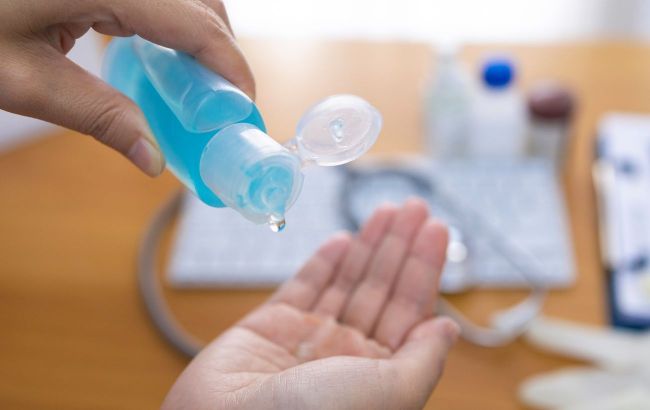EU may ban most hand sanitizers over cancer risk
 Most hand sanitizers could be banned in EU (photo: Getty Images)
Most hand sanitizers could be banned in EU (photo: Getty Images)
The European Union is considering banning the active ingredient in hand sanitizers over cancer concerns, Financial Times reports.
According to the publication, a working group at the European Chemicals Agency is considering classifying ethanol as a carcinogen. Such a decision would effectively ban many hand disinfectants and cleaning products used in hospitals.
Alcohol-based cleaning products are permitted as safe and have been included on the World Health Organization's list of essential medicines since the 1990s.
However, on October 10, an internal recommendation from one of the working groups of the European Chemicals Agency labeled ethanol as a toxic substance that increases the risk of cancer and pregnancy complications. It should therefore be replaced in cleaning and other products.
The agency's committee studying active biocidal substances will meet from November 24 to 27 to decide whether to classify ethanol as harmful to humans. After that, it will send a recommendation to the European Commission, which will make the final decision.
"Healthcare-associated infections kill more people globally every year than malaria, tuberculosis, and Aids combined. Hand hygiene, especially with alcohol-based hand rub, saves 16 million infections worldwide per year," FT sources noted.
What could replace ethanol?
Alternatives to ethanol, such as isopropanol, are even more toxic. Repeated use of soap also takes more time and damages the skin. One study showed that nurses spend 30 minutes of every hour of surgery washing their hands without disinfectant.
Nicole Vaini, EU affairs director of the International Association for Soaps, Detergents and Maintenance Products, questioned the scientific basis of the internal report, which has not yet been published.
What's next
If ethanol is added to the list of toxic substances, companies will still be able to apply for individual exemptions or "derogations" that would allow them to continue using it due to the lack of alternatives.
However, Vaini said these exemptions would be limited to five years and assessed on a case-by-case basis, adding costs and delays.
Part of ethanol's appeal lies in the fact that it can be made from almost anything, allowing supply to be ramped up during a pandemic.
This material is for informational purposes only and should not be used for medical diagnosis or self-treatment. Our goal is to provide readers with accurate information about symptoms, causes, and methods of detecting diseases. RBС-Ukraine is not responsible for any diagnoses that readers may make based on materials from the resource. We do not recommend self-treatment and advise consulting a doctor in case of any health concerns.

